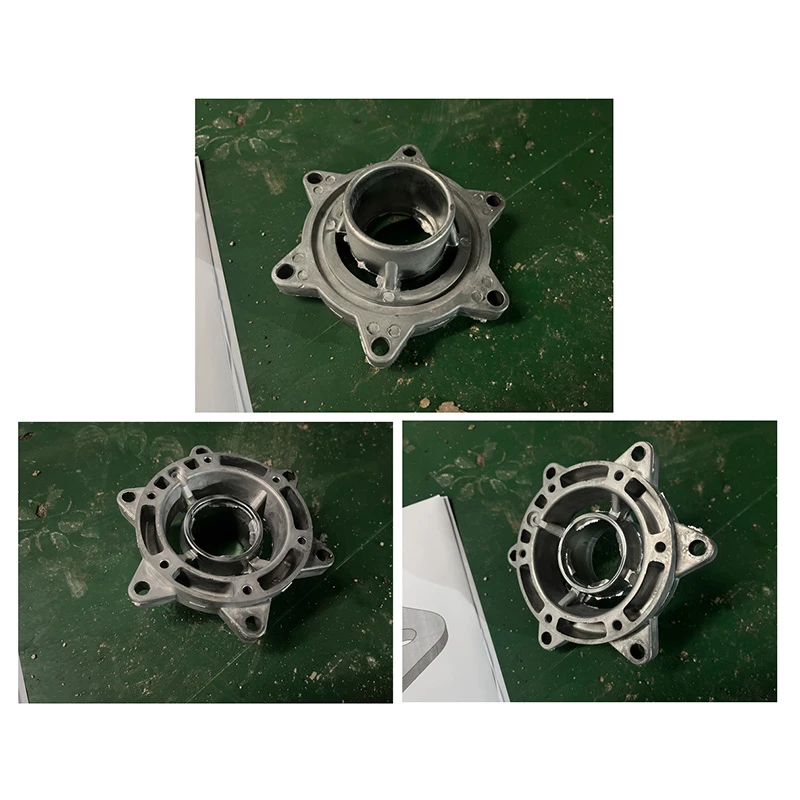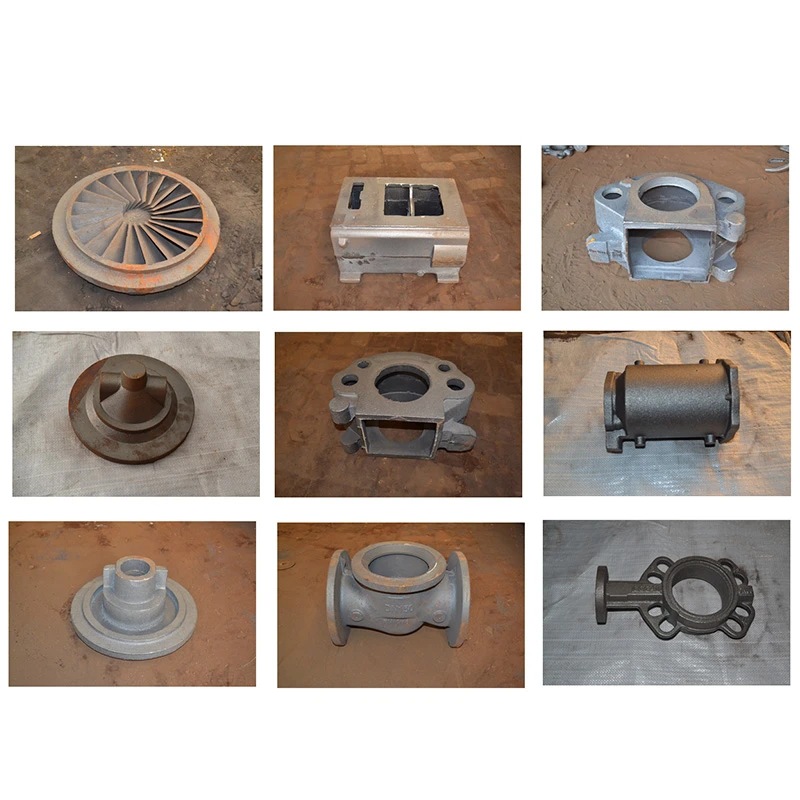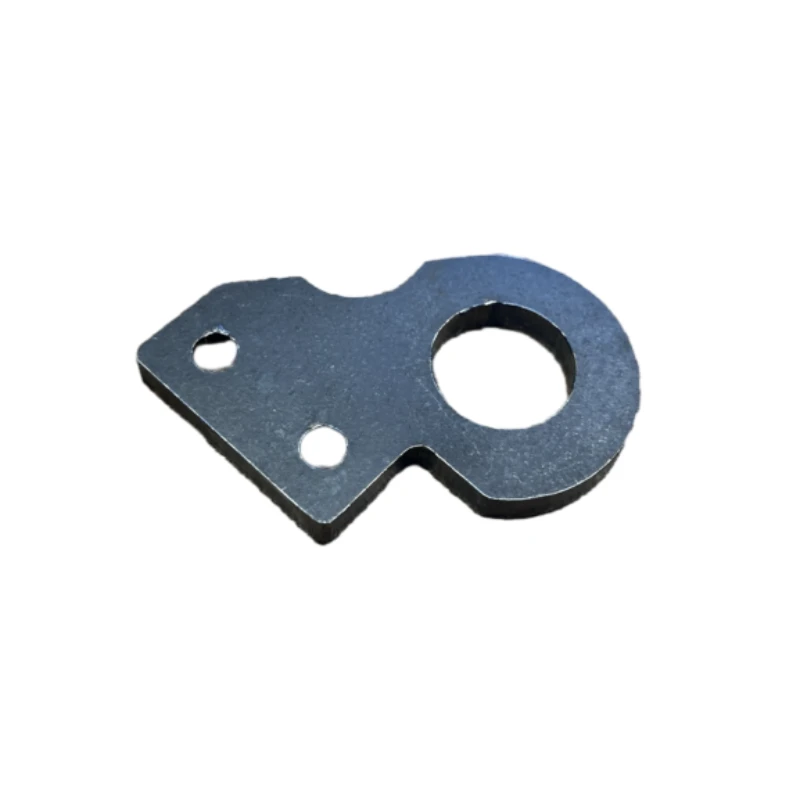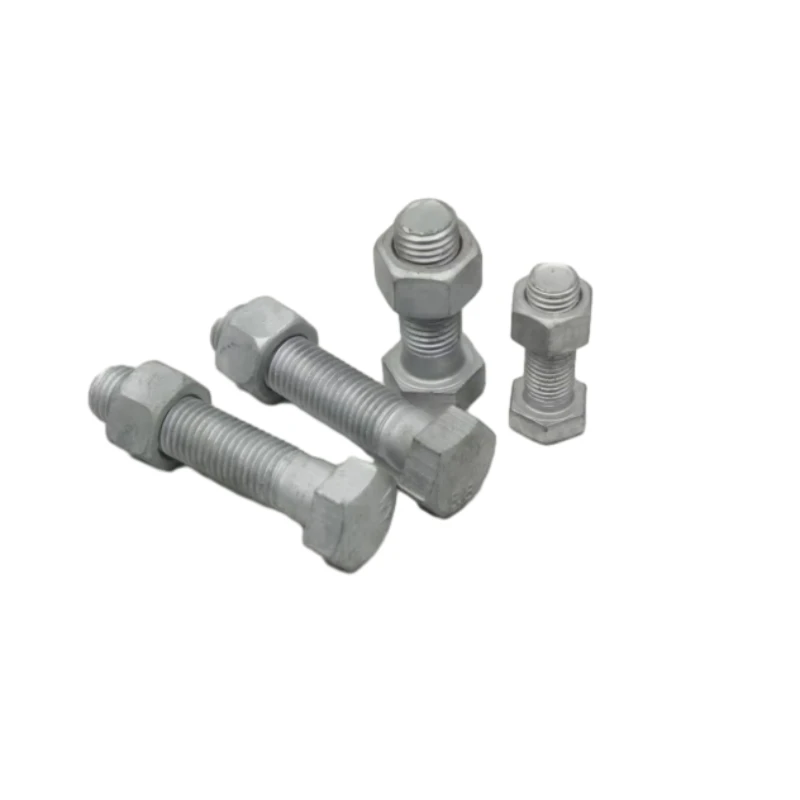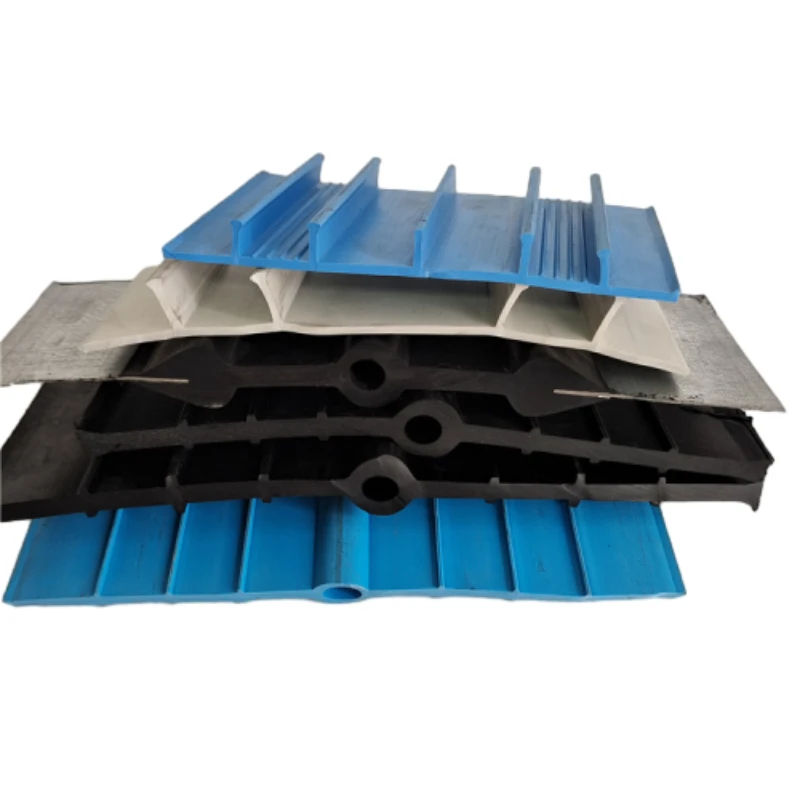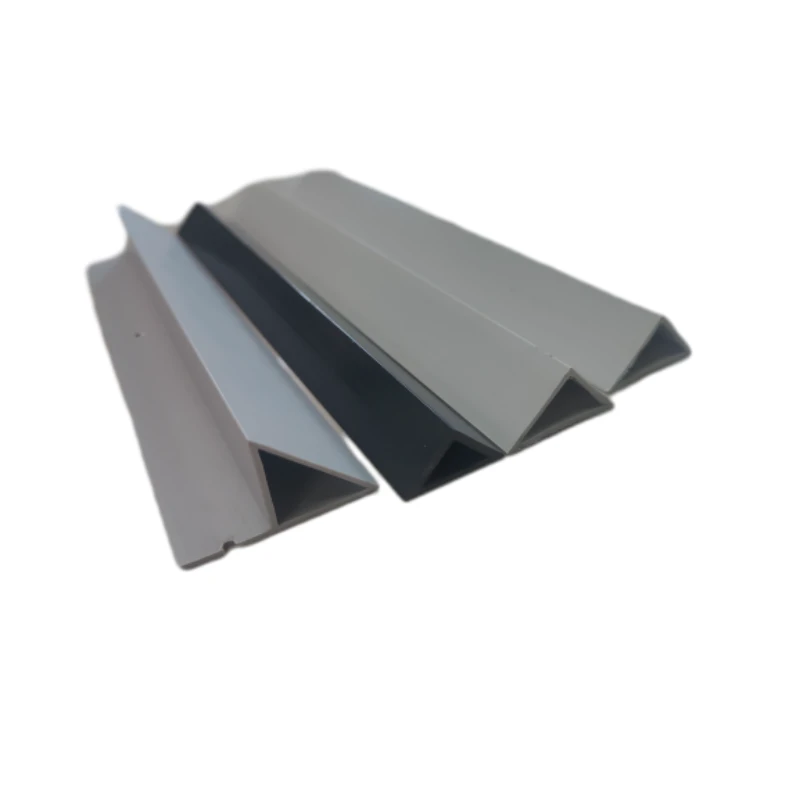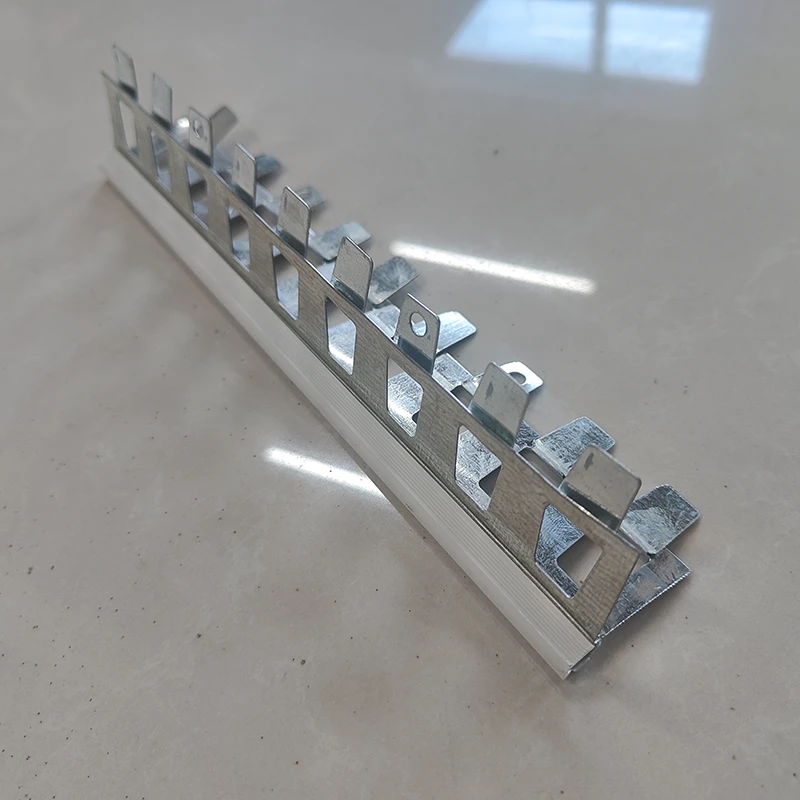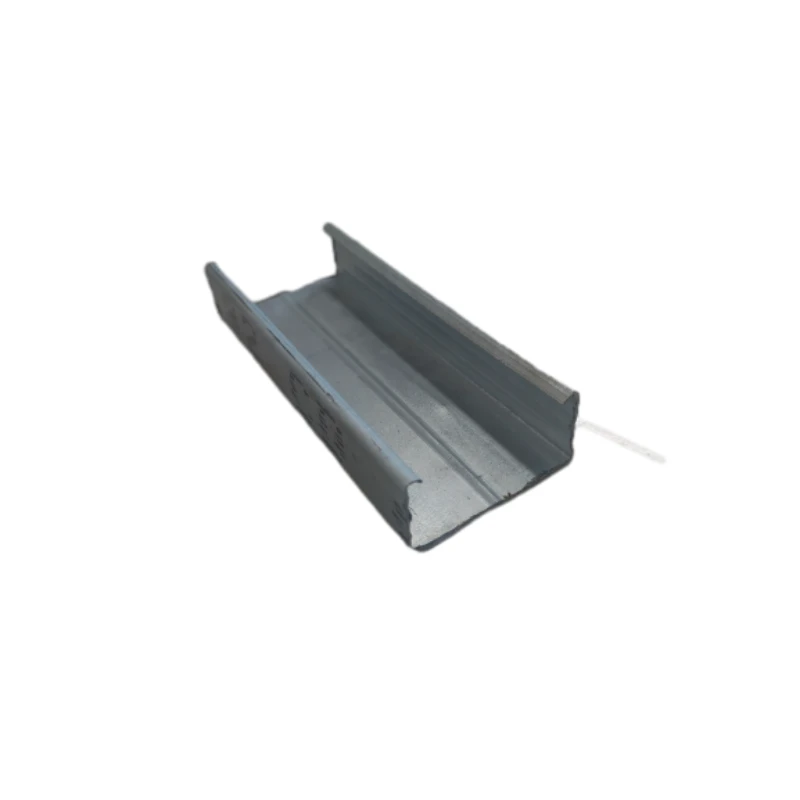- Phone: +86 132 8320 1810
- Email: annie@wrkgroup.ltd
-
- Afrikaans
- Albanian
- Amharic
- Arabic
- Armenian
- Azerbaijani
- Basque
- Belarusian
- Bengali
- Bosnian
- Bulgarian
- Catalan
- Cebuano
- China
- China (Taiwan)
- Corsican
- Croatian
- Czech
- Danish
- Dutch
- English
- Esperanto
- Estonian
- Finnish
- French
- Frisian
- Galician
- Georgian
- German
- Greek
- Gujarati
- Haitian Creole
- hausa
- hawaiian
- Hebrew
- Hindi
- Miao
- Indonesian
- Italian
- Japanese
- Javanese
- Malay
- Persian
- Portuguese
- Punjabi
- Russian
- Spanish
- Swahili
- Telugu
- Vietnamese
юни . 24, 2025 06:20 Back To List
High-Quality Water Stopper PVC for Concrete Construction Various Sizes & Specifications Available
- Introduction to Water Stopper PVC: Importance & Basic Overview
- Technical Advantages of PVC Water Stopper
- Industry Specifications and Size Options
- Comparative Analysis: PVC, Rubber, and Metal Water Stoppers
- Custom Solutions: Tailoring PVC Water Stopper Sizes and Specifications
- Application Case Studies: Real-world Implementations
- Final Thoughts: The Future Outlook for Water Stopper PVC
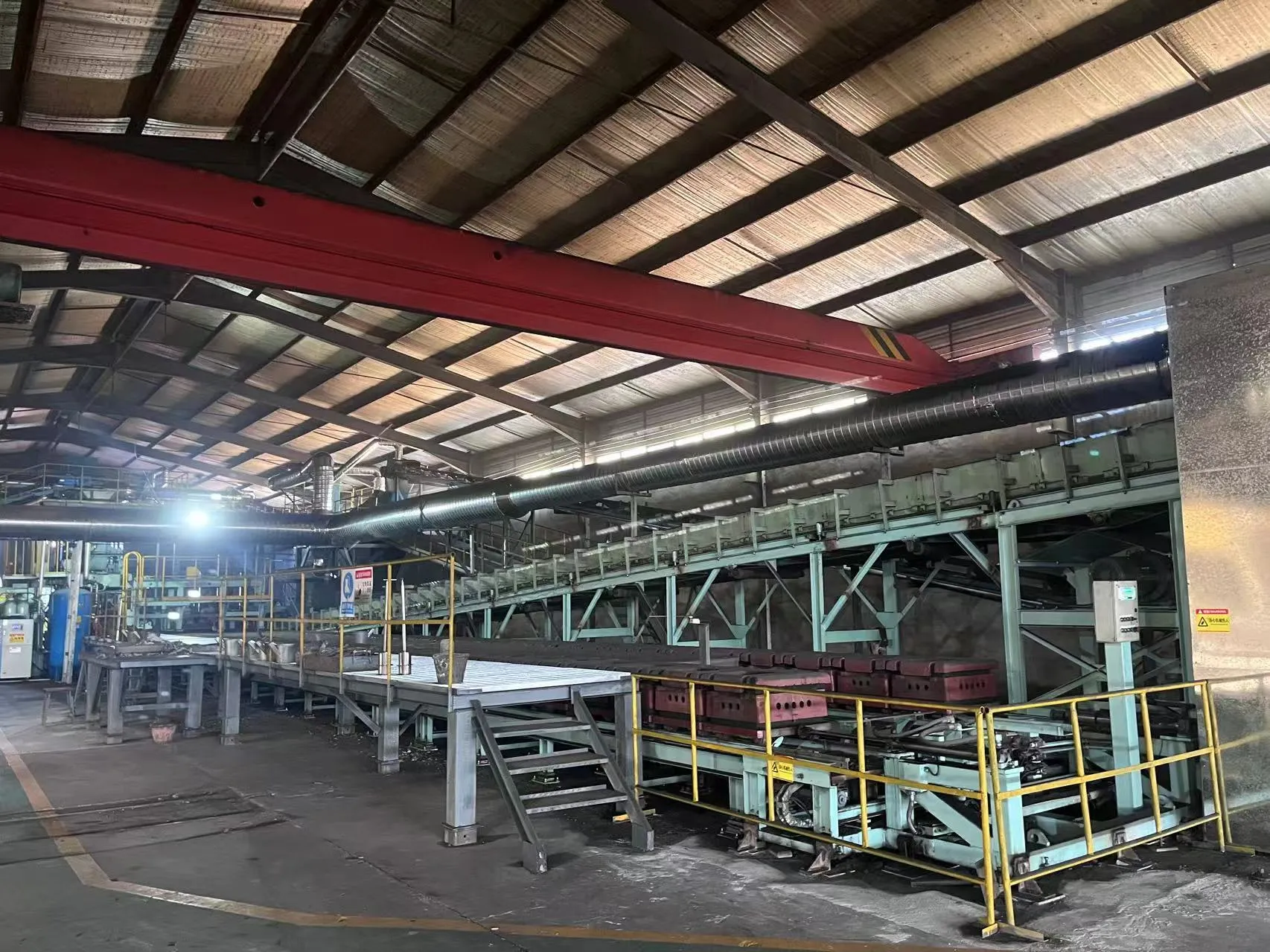
(water stopper pvc)
Introduction to Water Stopper PVC: Importance & Basic Overview
Construction projects worldwide continually face the challenge of effectively managing joint water leakage in concrete structures. Water stopper PVC materials have emerged as a leading solution, addressing leakage in expansion and construction joints for vital infrastructure like dams, tunnels, water tanks, and basements. The key to their widespread adoption lies in their outstanding impermeability and flexibility. By incorporating specialized design features, PVC water stoppers successfully prevent the seepage of water and chemicals through concrete joints, protecting surrounding structures and enhancing lifespan. Industry reports indicate that over 65% of public utility infrastructure globally now incorporates some form of polymer water-stop technology, with PVC leading due to its balance of economy and performance.
Technical Advantages of PVC Water Stopper
PVC water stoppers are extruded from high-grade polyvinyl chloride compounds, combining resilience, elongation, chemical resistance, and tensile strength. Recent performance benchmarks highlight their superiority in critical variables:
- Elongation at break: Rated above 300%, allowing absorption of significant joint movement.
- Tensile strength: Typically exceeds 14 MPa, outperforming most alternative polymers and rubbers.
- Chemical resistance: Inert to most acids, alkalis, salt water, and a wide range of organic solvents.
- Longevity: Field studies document effective service lives exceeding 50 years in optimal conditions.
The flexibility and adaptability of PVC water stoppers minimize the risk of installation errors. They can be welded, cut, and joined on-site without losing integrity. The ease of installation reduces total project costs by an average of 12-17% versus non-modular joint sealing options, according to project surveys conducted in 2022.
Industry Specifications and Size Options
Deciding the correct pvc water stopper size and specification is vital for ensuring comprehensive sealing. International standards, such as ASTM and BIS, call for different profiles and widths based on the application’s requirements. The following are commonly standardized dimensions:
- Width: 150mm, 200mm, 250mm, and 300mm (custom sizes available)
- Thickness: Standard 5mm to 10mm
- Profile Types: Center bulb, dumbbell, ribbed, and rear guard
Proper selection ensures the water stopper can withstand specific hydrostatic pressures and movement tolerances. For example, a 250mm x 8mm center-bulb profile is widely recommended for underground metro stations where both flexibility and puncture resistance are critical.
| Profile Type | Common Width (mm) | Standard Thickness (mm) | Recommended Application |
|---|---|---|---|
| Center Bulb | 150, 200, 250 | 6-8 | Expansion Joint in Bridges, Tunnels |
| Dumbbell | 200, 250, 300 | 8-10 | Retaining Walls, Reservoirs |
| Ribbed | 150, 200 | 5-7 | Basements, Water Tanks |
| Rear Guard | 150 | 5 | Foundations, Substructures |
Modern production lines support on-demand customization, ensuring the right fit for both typical and challenging project environments.
Comparative Analysis: PVC, Rubber, and Metal Water Stoppers
Selecting the appropriate water stopper material involves balancing cost, performance, and durability. The following table summarizes key differentiators for the three most widely used water stopper types:
| Property | PVC Water Stopper | Rubber Water Stopper | Metal Water Stopper |
|---|---|---|---|
| Initial Cost (USD/m) | 1.8 - 3.5 | 2.2 - 4.5 | 4.8 - 10 |
| Elongation at Break (%) | 300+ | 250 - 400 | 5 - 20 |
| Chemical Resistance | Excellent | Good | Variable |
| Corrosion Resistance | High | High | Low (unless coated) |
| Service Life (years) | 40-60 | 30-40 | 30-50 |
| Ease of Installation | Flexible, easy to weld | Flexible, vulcanizable | Rigid, complex joints |
PVC water stoppers stand out for their competitive pricing, extended durability, and unmatched adaptability onsite. This has resulted in a market preference, particularly in high-volume infrastructure developments.
Custom Solutions: Tailoring PVC Water Stopper Sizes and Specifications
Civil engineering projects are rarely straightforward; unique foundation geometries, variable water tables, and aggressive chemicals all demand tailored sealing solutions. Manufacturers address these challenges by offering bespoke pvc water stopper size options and specialized compound formulations.
- Size Customization: For bridges and large dams, widths up to 400mm and thicknesses up to 12mm have been supplied.
- Special Profiles: Custom-intricate bulb, serrated, and multi-rib profiles improve sealing efficiency in dynamic structures.
- Chemical Enhancements: Additives can be integrated for enhanced UV, chlorine, or hydrocarbon resistance.
- Thermal Stability: Modified formulations ensure effectiveness from -35°C to +70°C, vital for extreme climates.
The ability to provide technical drawings and pre-molded sections further expedites installation and mitigates leakage risks. Custom solutions routinely decrease downtime during major construction projects, supporting tighter delivery schedules and lower labor costs.
Application Case Studies: Real-world Implementations
Real-world deployments of PVC water stoppers highlight their versatility and reliability. Several global infrastructure projects serve as benchmarks for performance:
-
Metro Rail Systems: In Mumbai and Istanbul, custom ribbed PVC water stoppers were instrumental in sealing over 22 kilometers of tunnel and station joints. Leakage incidents dropped by 93% following installation.
Profile: Ribbed, 250mm x 8mm -
Hydroelectric Dams: Brazil's Itapebi Dam employed 350mm wide center-bulb PVC stoppers in expansion joints, with water infiltration rates reduced to less than 0.3% of projected volumes.
Profile: Center Bulb, 350mm x 10mm -
Industrial Water Tanks: Multiple Coca-Cola European partners utilize PVC water stoppers in new bottling plants, citing zero reported leaks in the first 5 years of use.
Profile: Dumbbell, 200mm x 7mm
These cases exemplify the value that high-quality PVC water stoppers bring to mission-critical applications—ranging from water reservoirs to stadium sub-structures—by maximizing structural integrity while controlling lifecycle costs.
Final Thoughts: The Future Outlook for Water Stopper PVC
As urban populations grow and infrastructure modernizes, the demand for advanced joint sealing products intensifies. Water stopper PVC continues to evolve, fueled by innovations in polymer science, modular design, and custom production capabilities. With documented superior performance and flexibility, project owners and designers are choosing PVC water stoppers to reduce maintenance, accommodate dynamic stresses, and improve project outcomes across the world’s most challenging civil construction environments. With a combination of technical data, real-world evidence, and industry adaptability, PVC water stopper solutions are expected to remain at the forefront of structural waterproofing for decades to come.
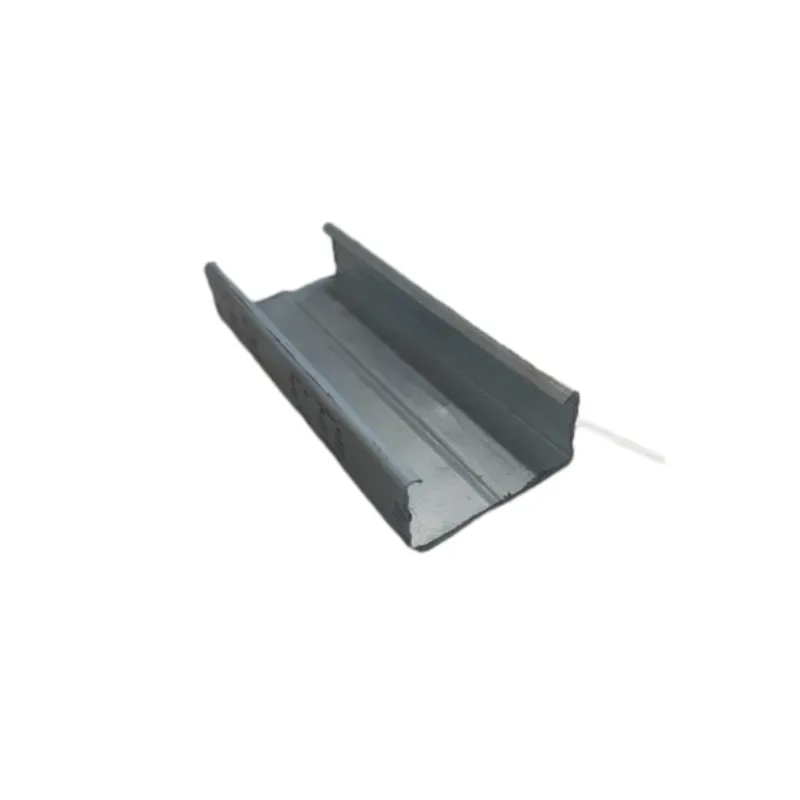
(water stopper pvc)
FAQS on water stopper pvc
Q: What is a water stopper PVC?
A: A water stopper PVC is a flexible, waterproof strip made from polyvinyl chloride (PVC) used in concrete joints to prevent water seepage. It ensures structures like basements and tunnels remain watertight. PVC water stoppers are durable and resistant to chemicals.Q: What sizes are available for PVC water stopper?
A: PVC water stoppers come in various sizes, commonly ranging from 150mm to 300mm in width. The thickness typically varies between 5mm and 10mm. The choice of size depends on joint width and site requirements.Q: What are the standard PVC water stopper specifications?
A: Standard specifications include properties like width, thickness, tensile strength, and elongation percentage. Commonly, they are specified as 250mm x 8mm with tensile strength above 12 MPa. Always check technical datasheets for precise details.Q: Where is a PVC water stopper typically used?
A: PVC water stoppers are primarily used in construction joints of water-retaining and water-excluding structures. These include basements, water tanks, dams, and swimming pools. They prevent leakage by sealing expansion and contraction joints.Q: How to choose the right PVC water stopper size for my project?
A: Select the PVC water stopper size based on the width and type of concrete joint. Larger, expansion joints typically require wider and thicker profiles. Consult your project engineer or supplier for the best match.Latest News
-
High Quality Both and Nut Durable Nut Bolt Nut Bolt Solutions Reliable The Nut and Bolt SupplierNewsJun.24,2025
-
High-Quality Tie Rod for Wall Shuttering Durable Shuttering Tie Rods at Best PriceNewsJun.10,2025
-
High Quality Plastic Tie Rod Cone for Concrete Formwork Durable Form Tie Plastic Cone SupplierNewsJun.10,2025
-
Heavy Duty Screw in Wall Anchors Durable Plastic for WallsNewsJun.09,2025
-
Premium 1/2" Fender Washer - Heavy-Duty Corrosion-Resistant WashersNewsJun.09,2025

